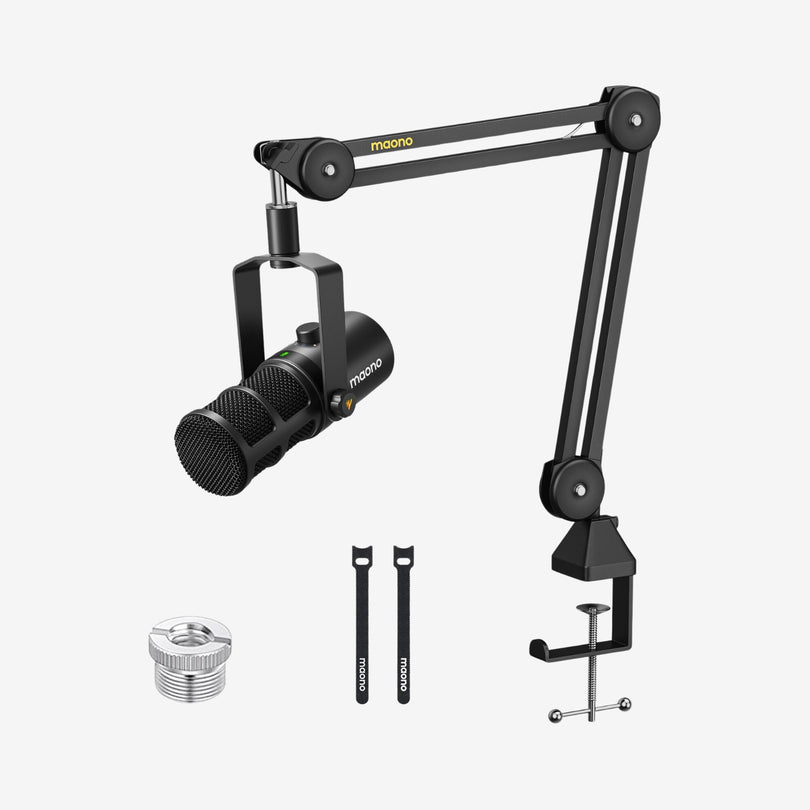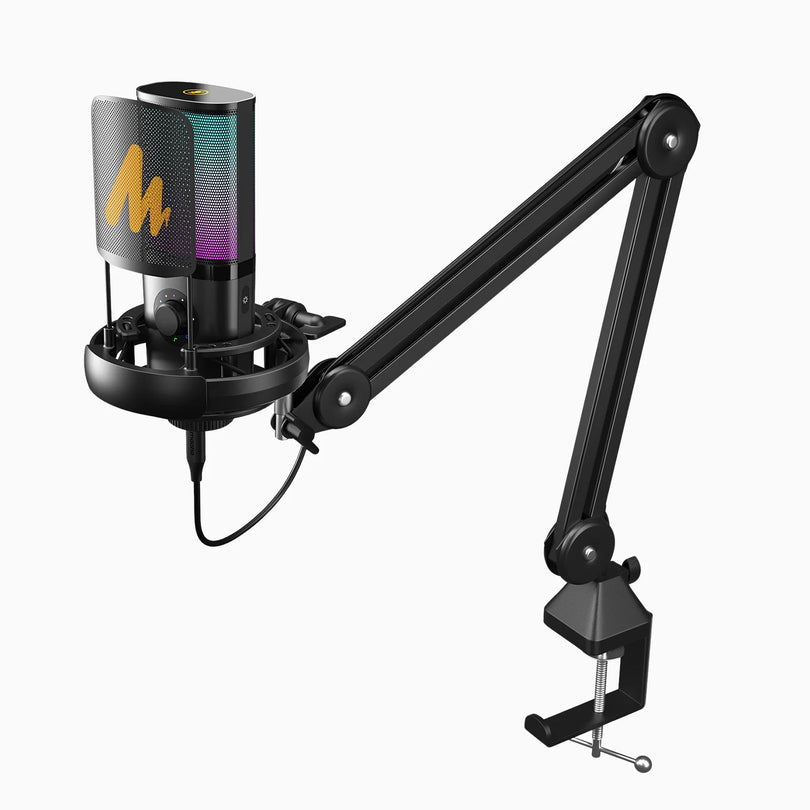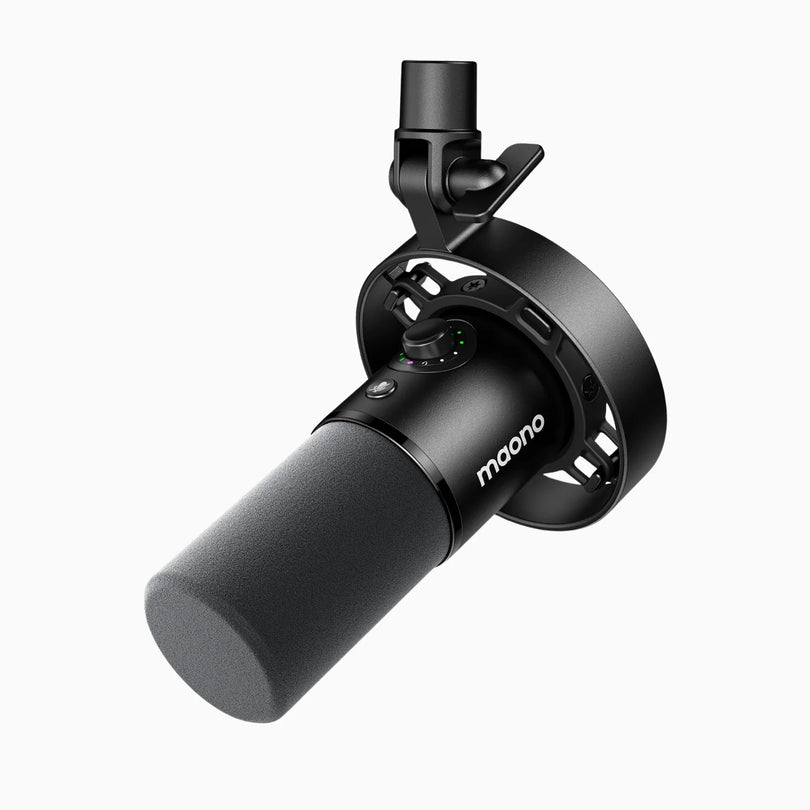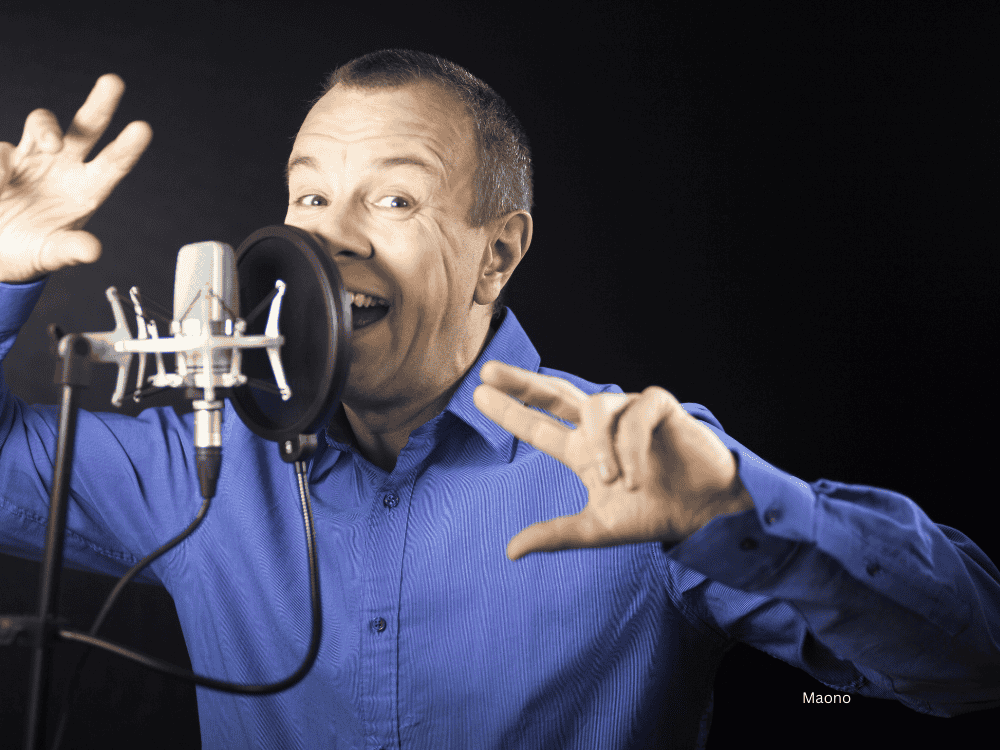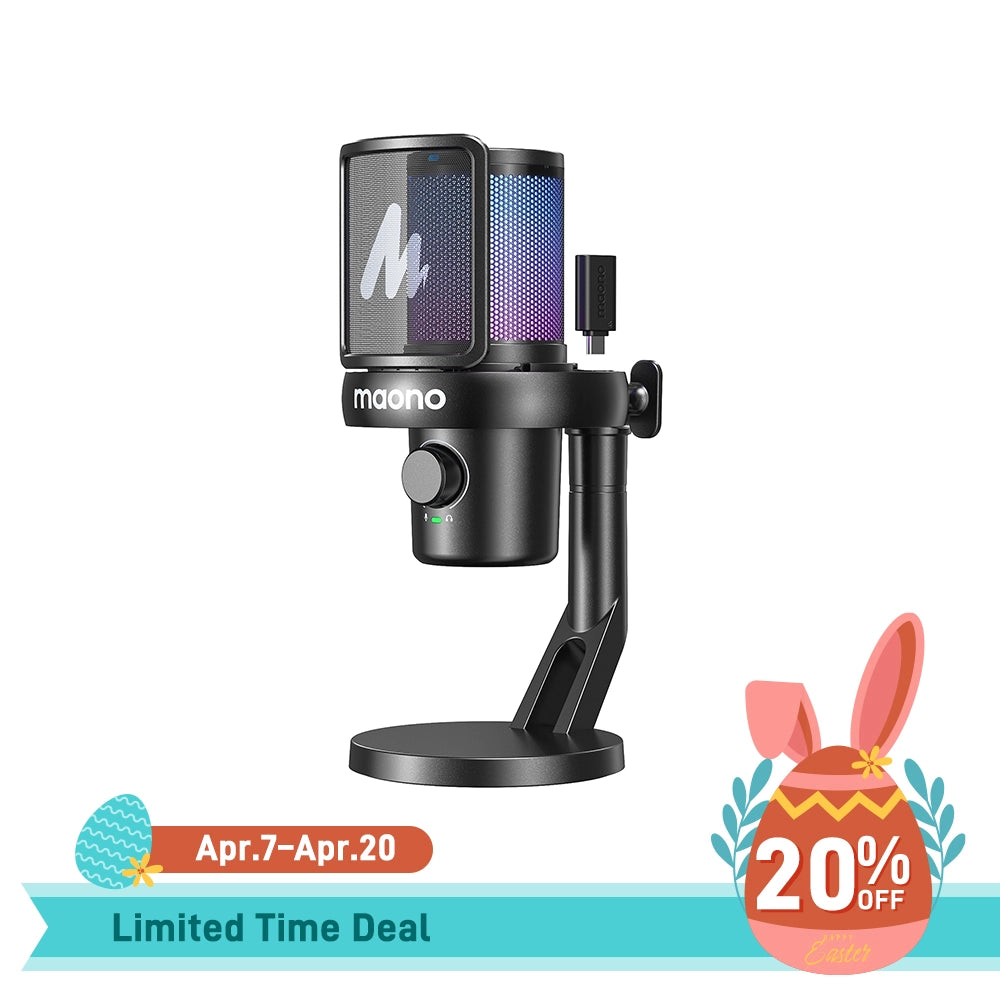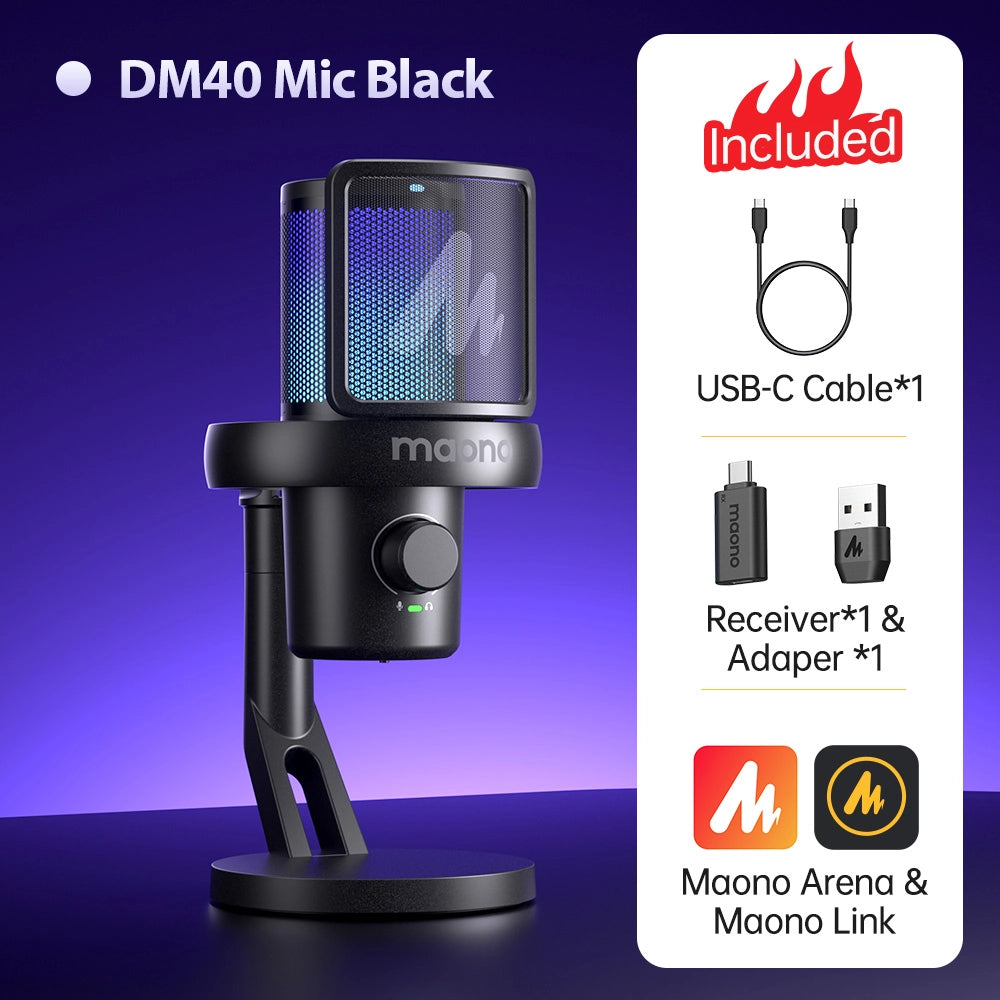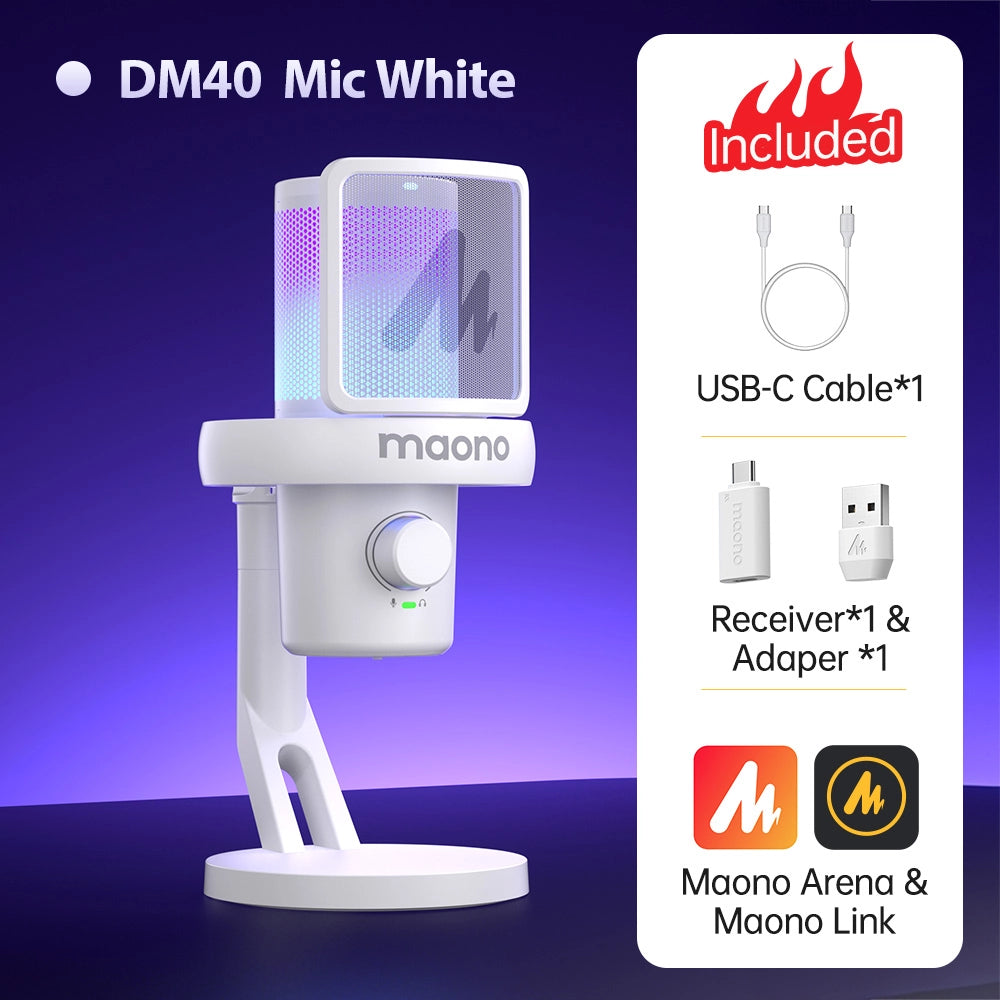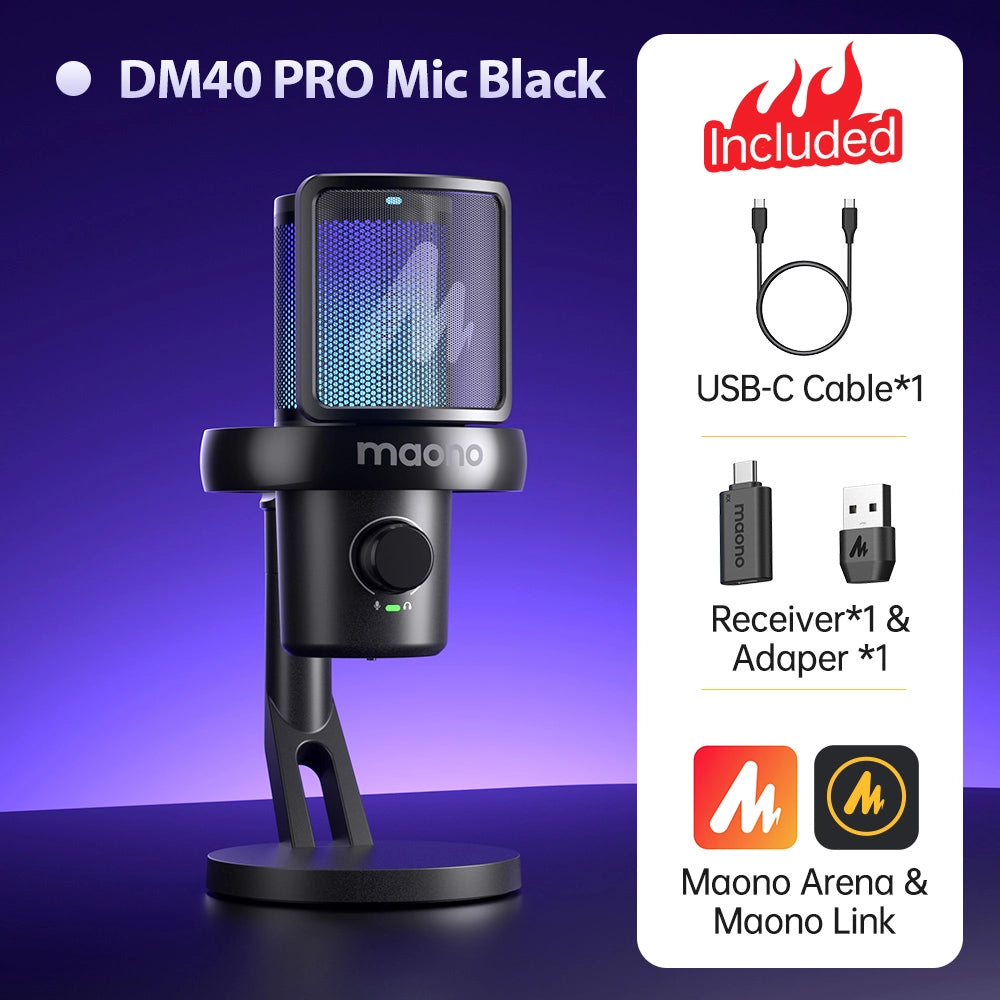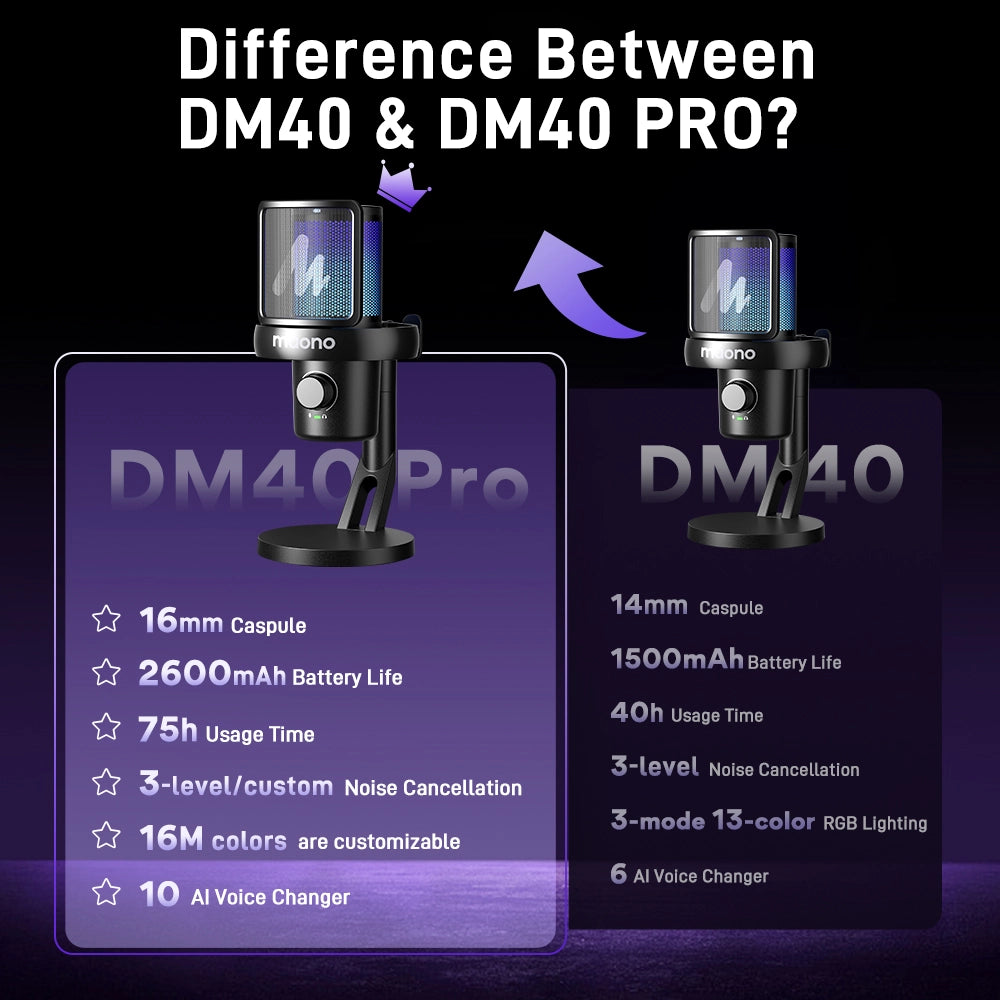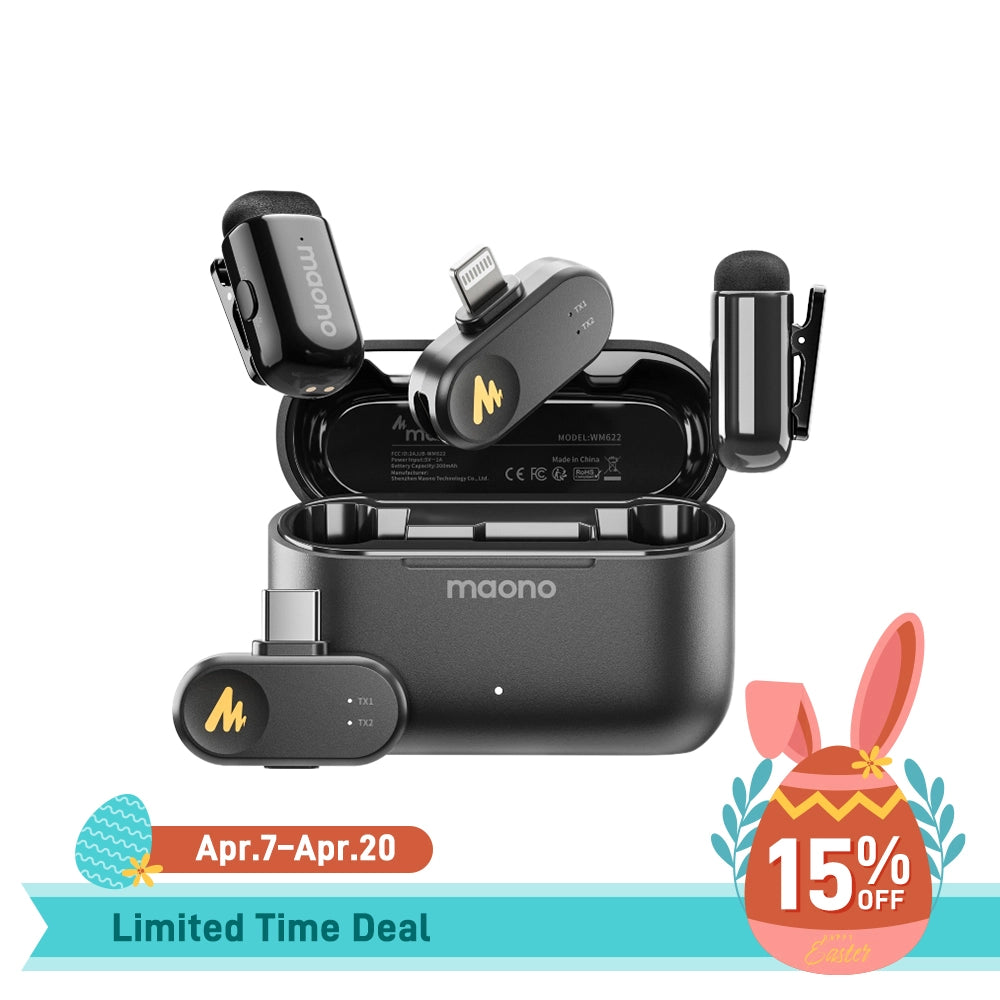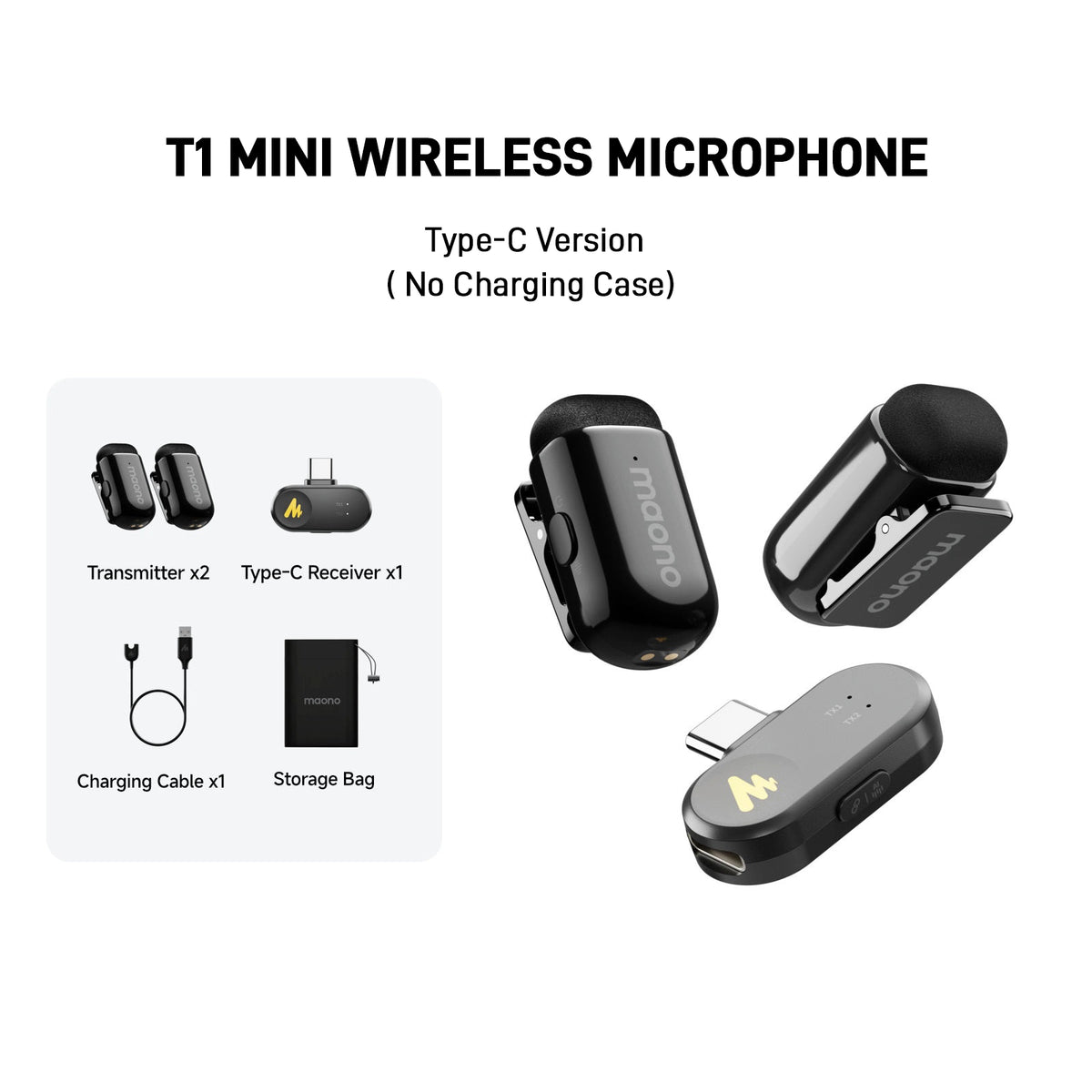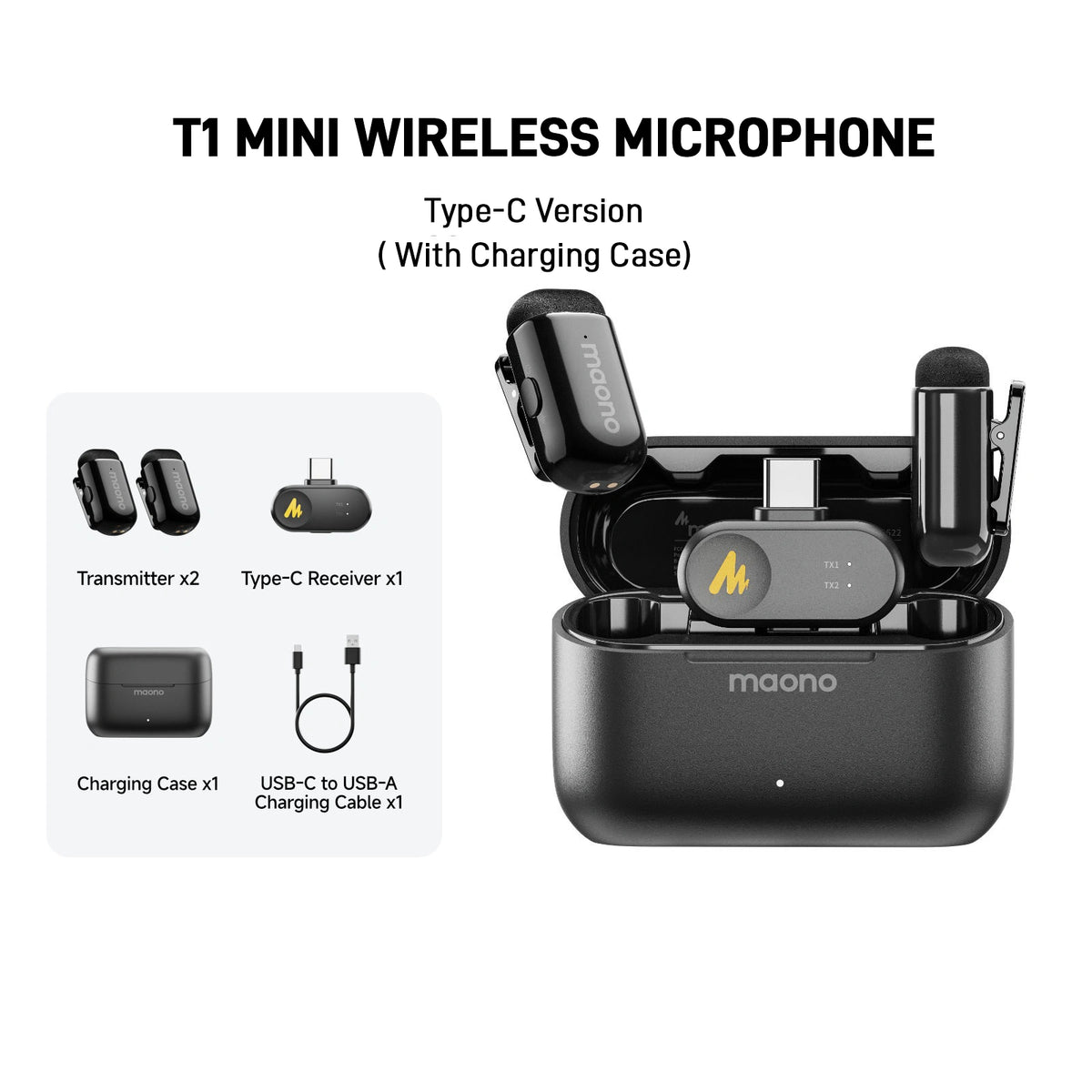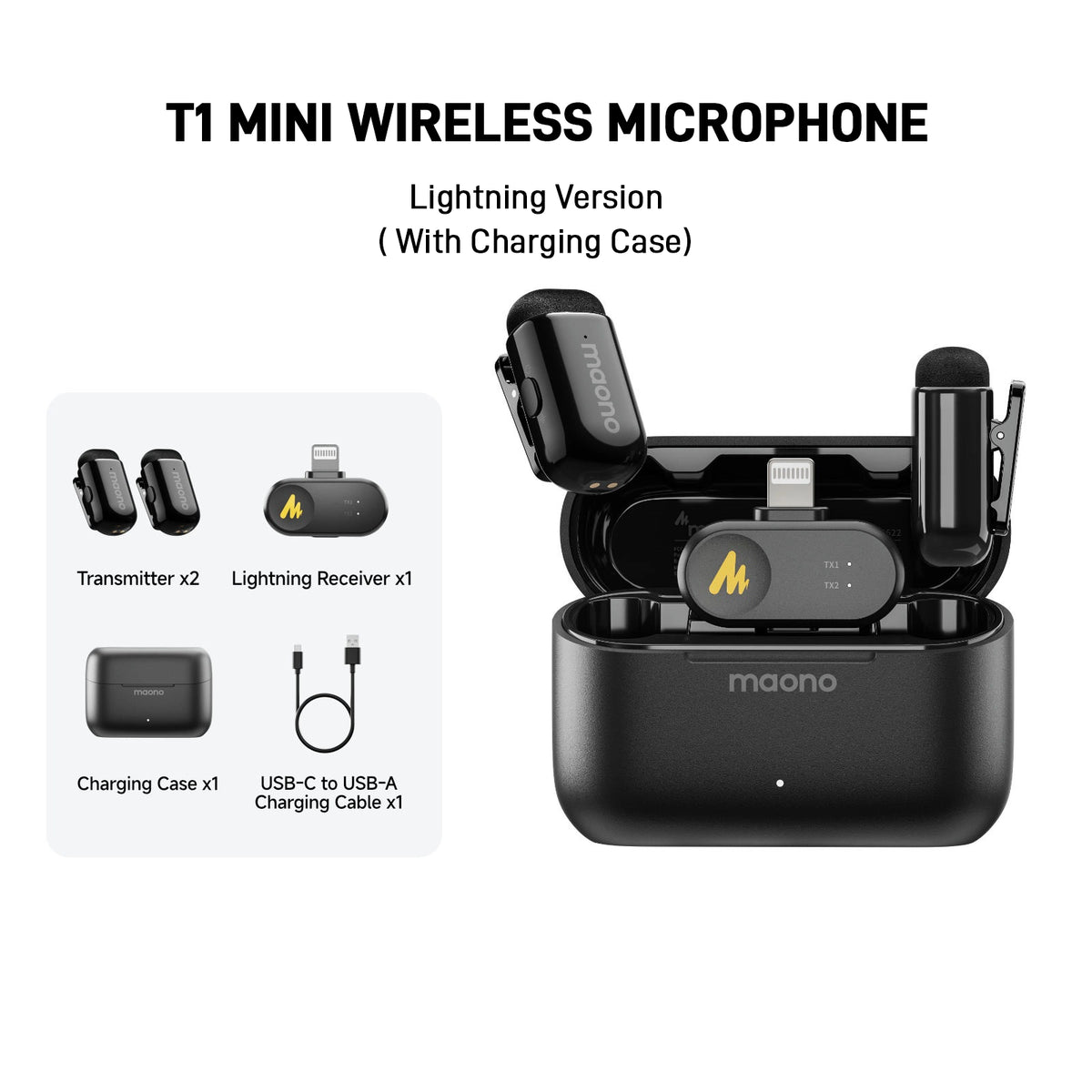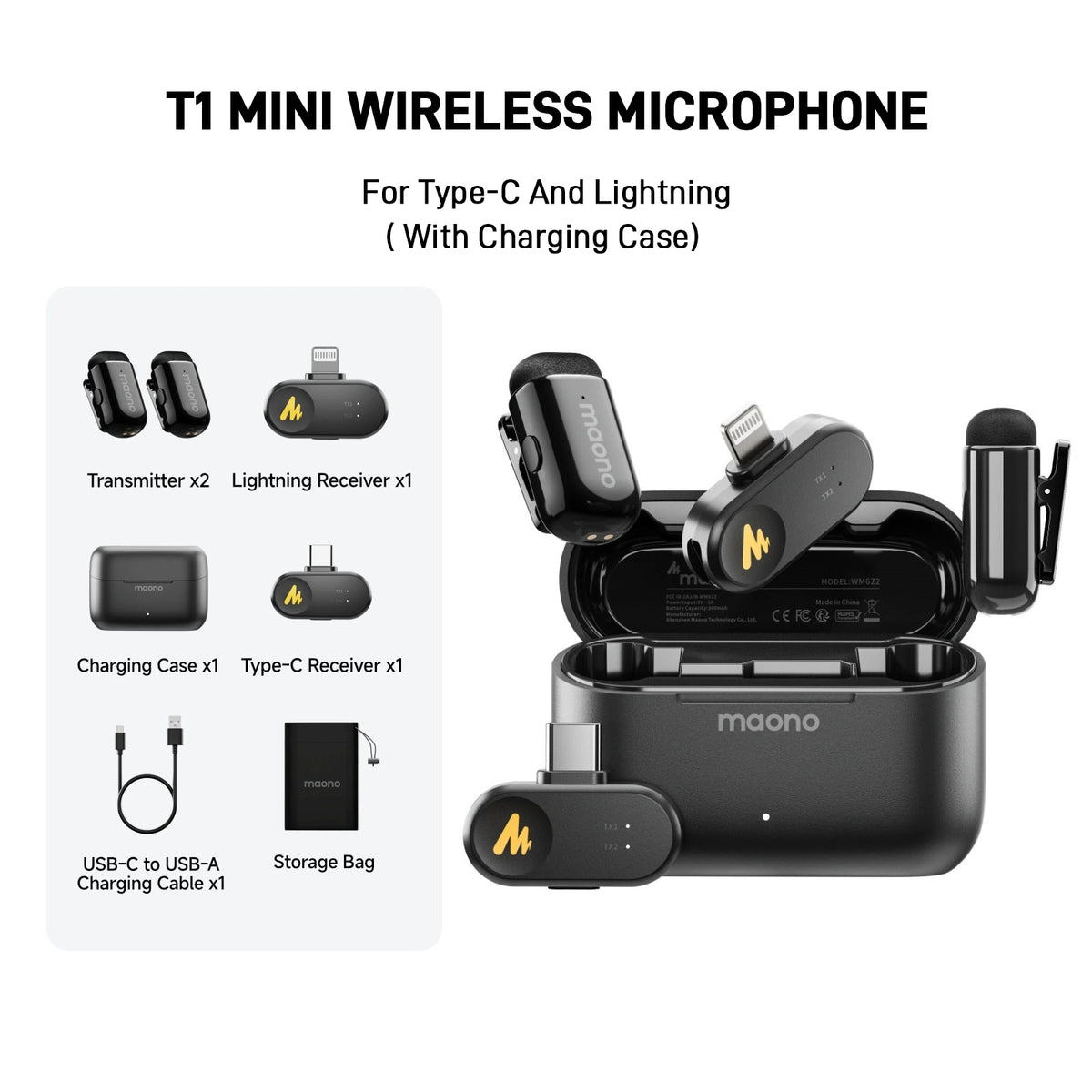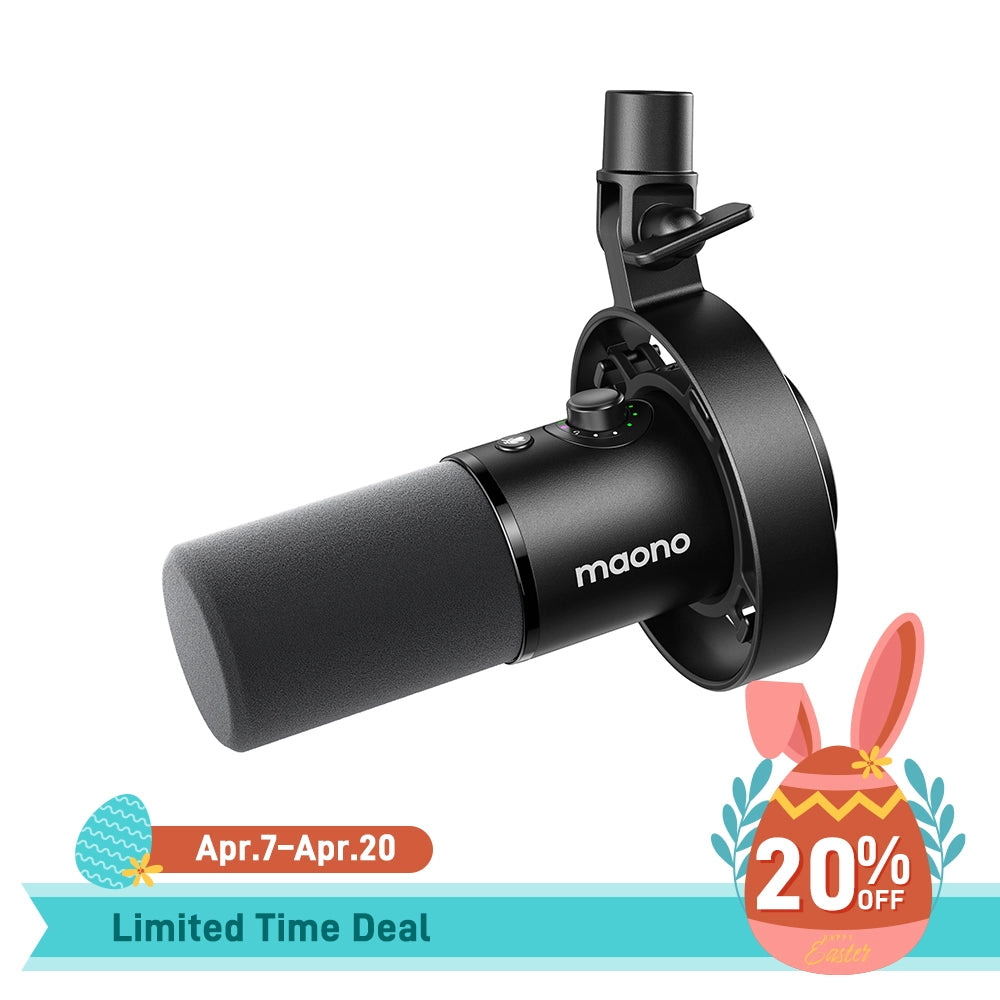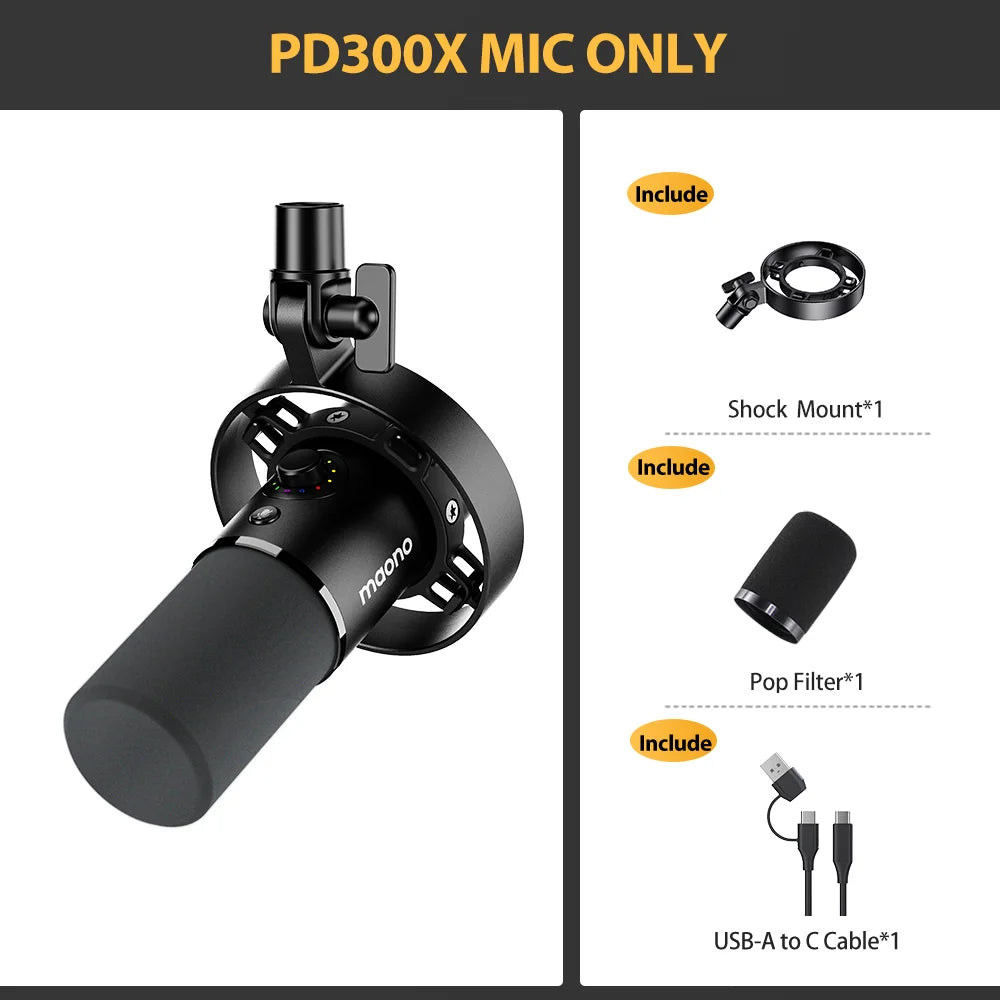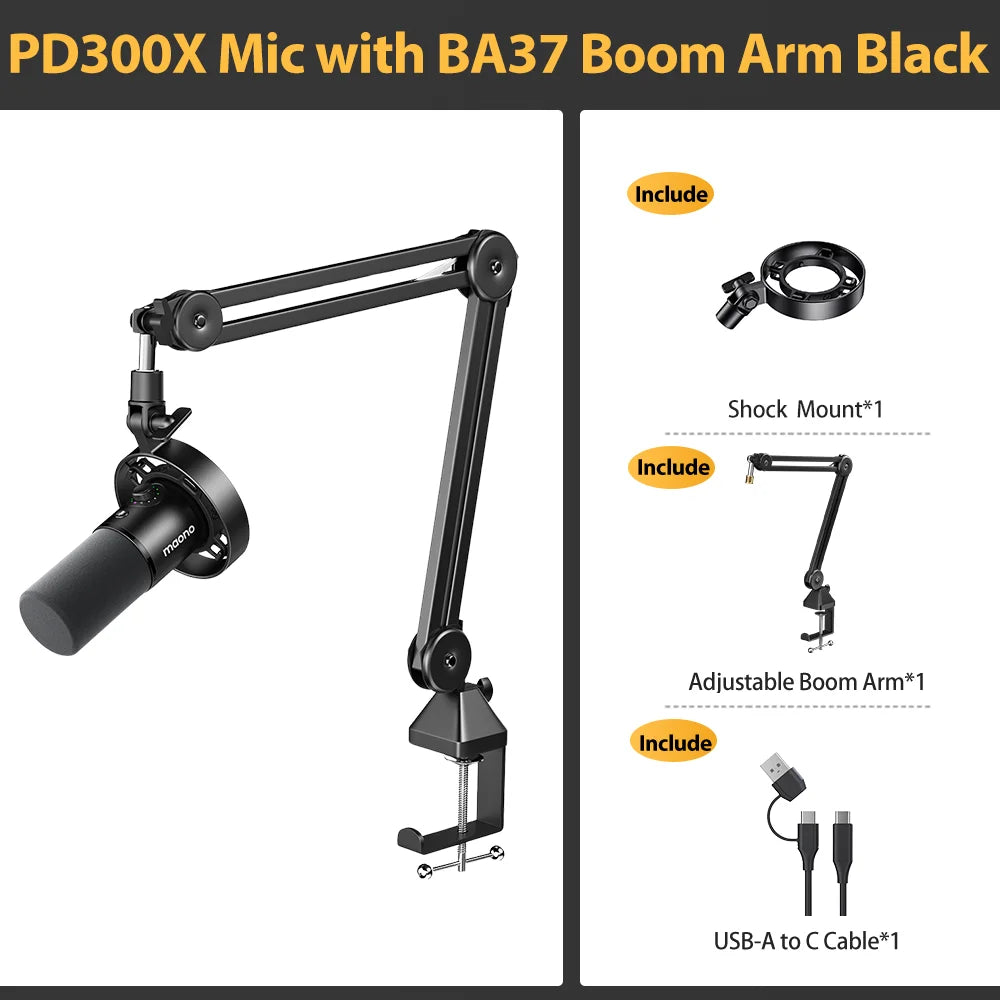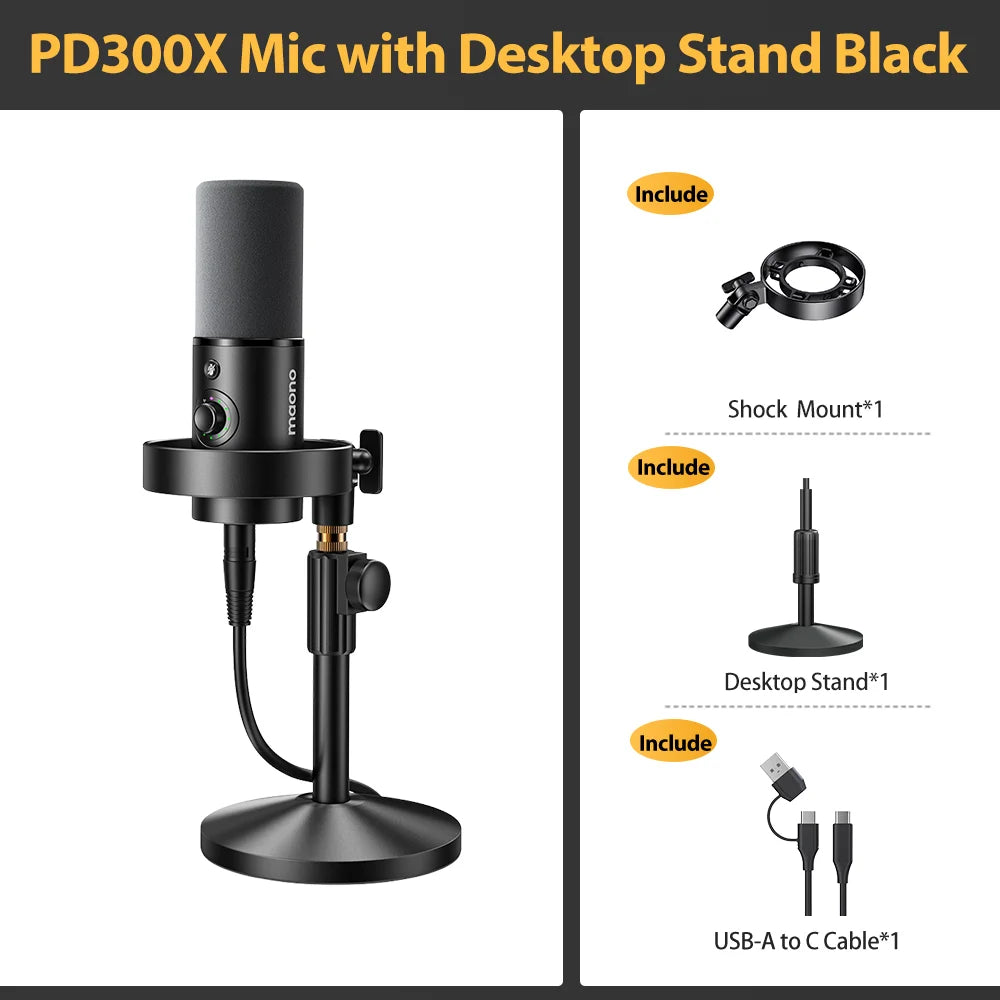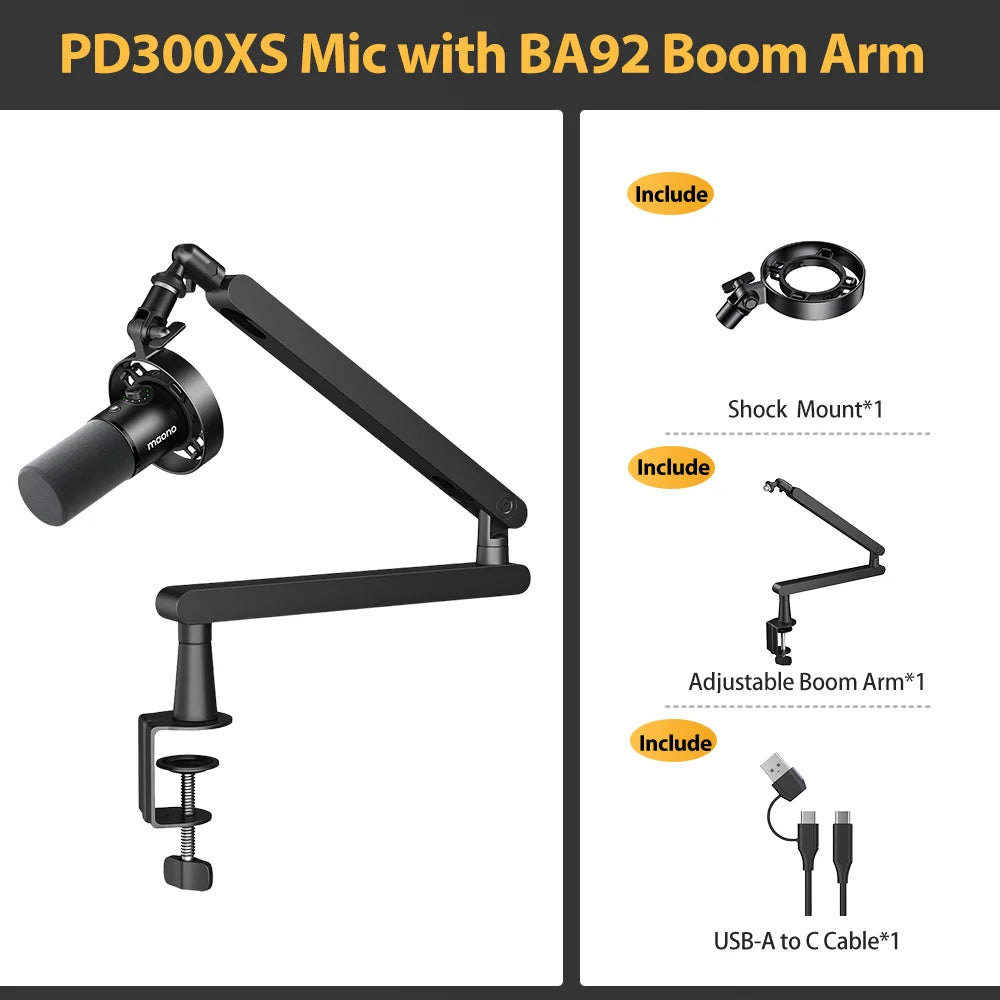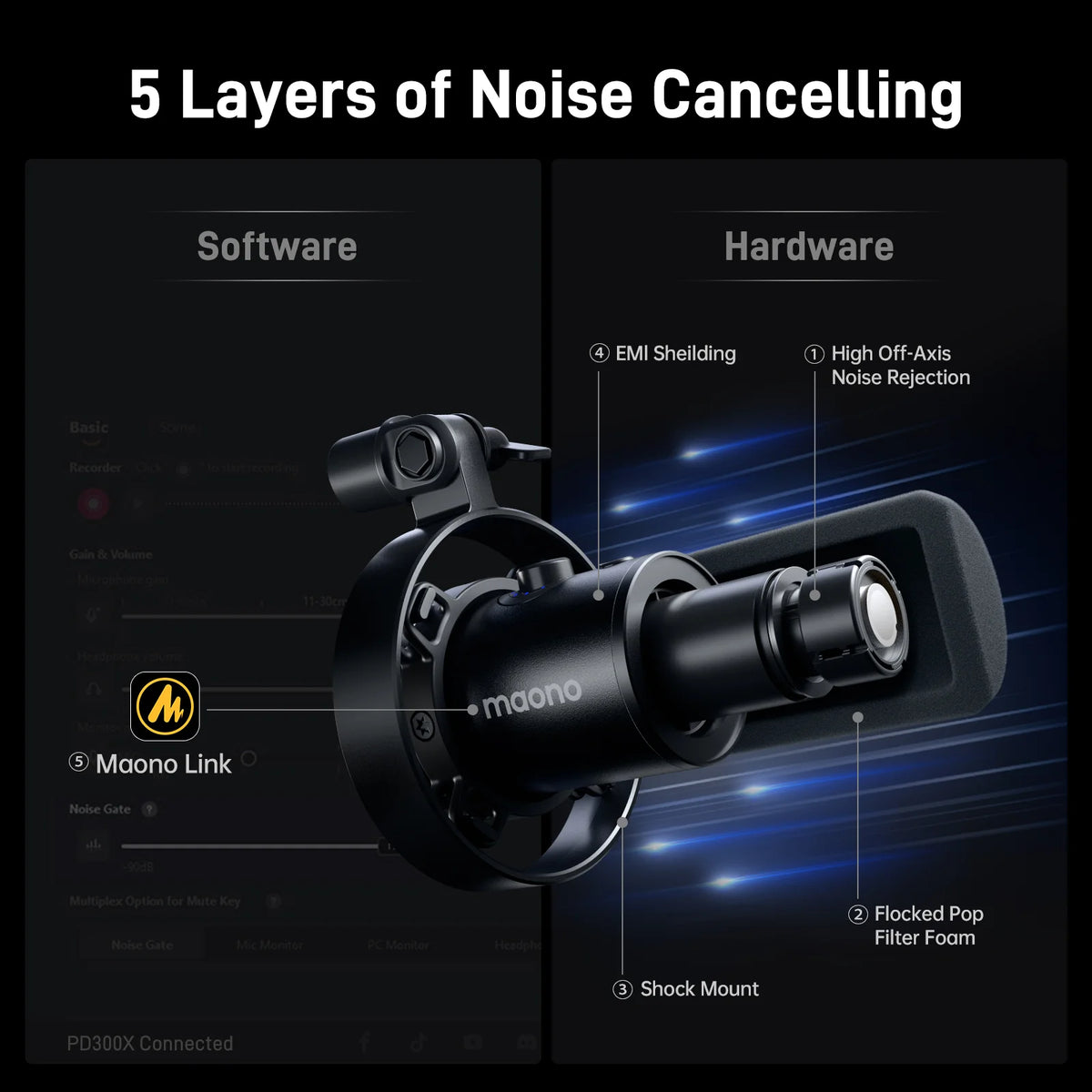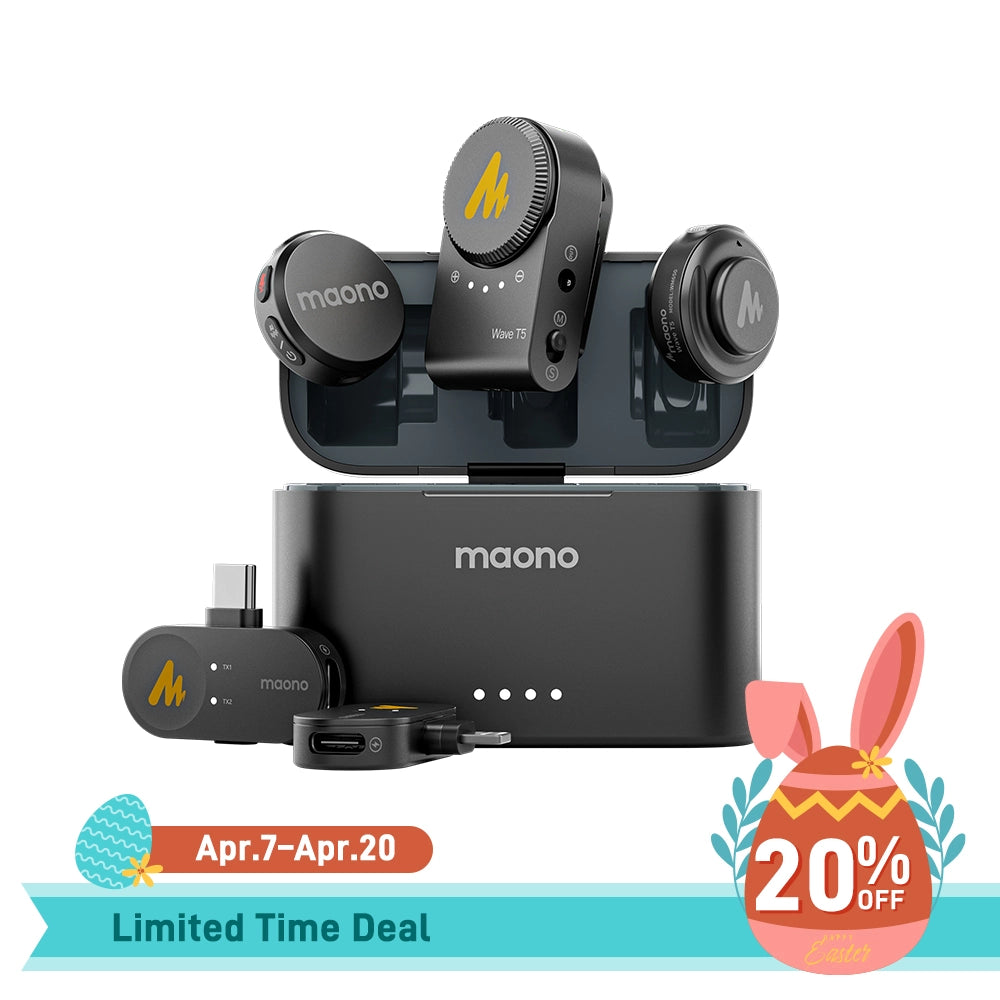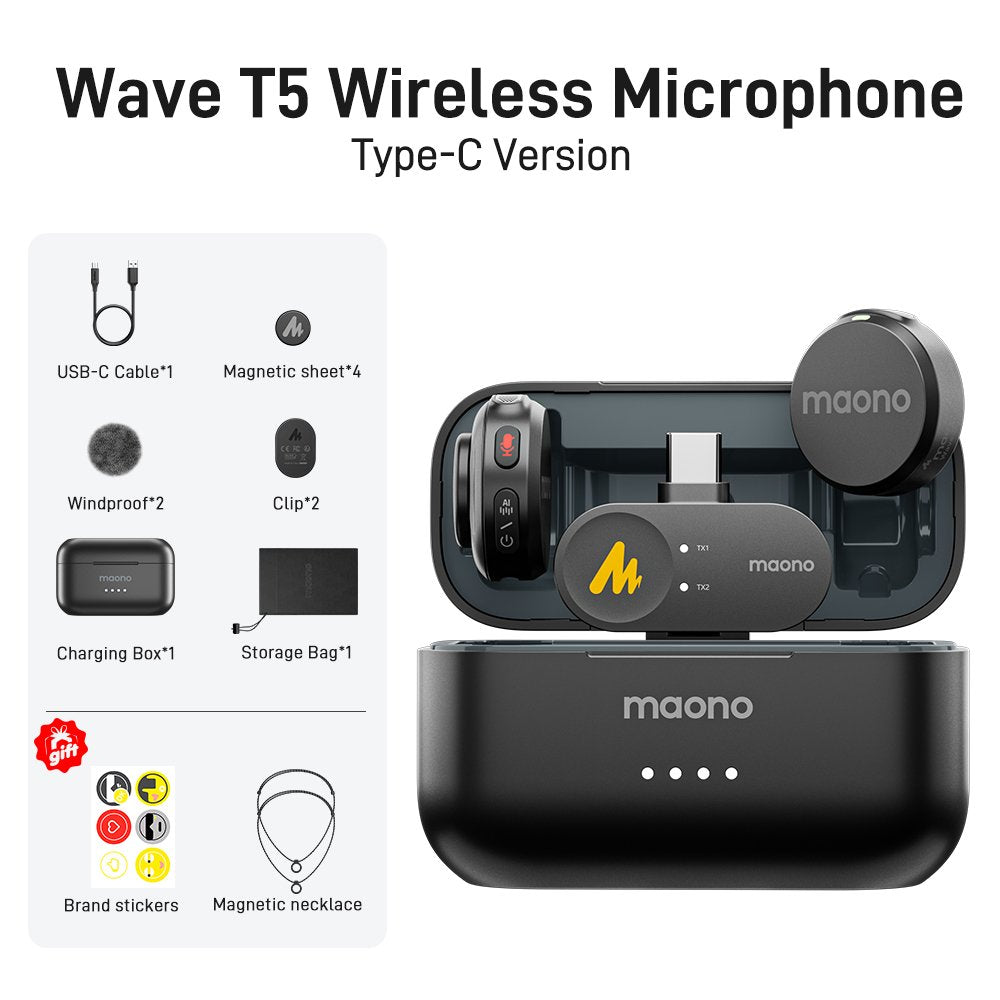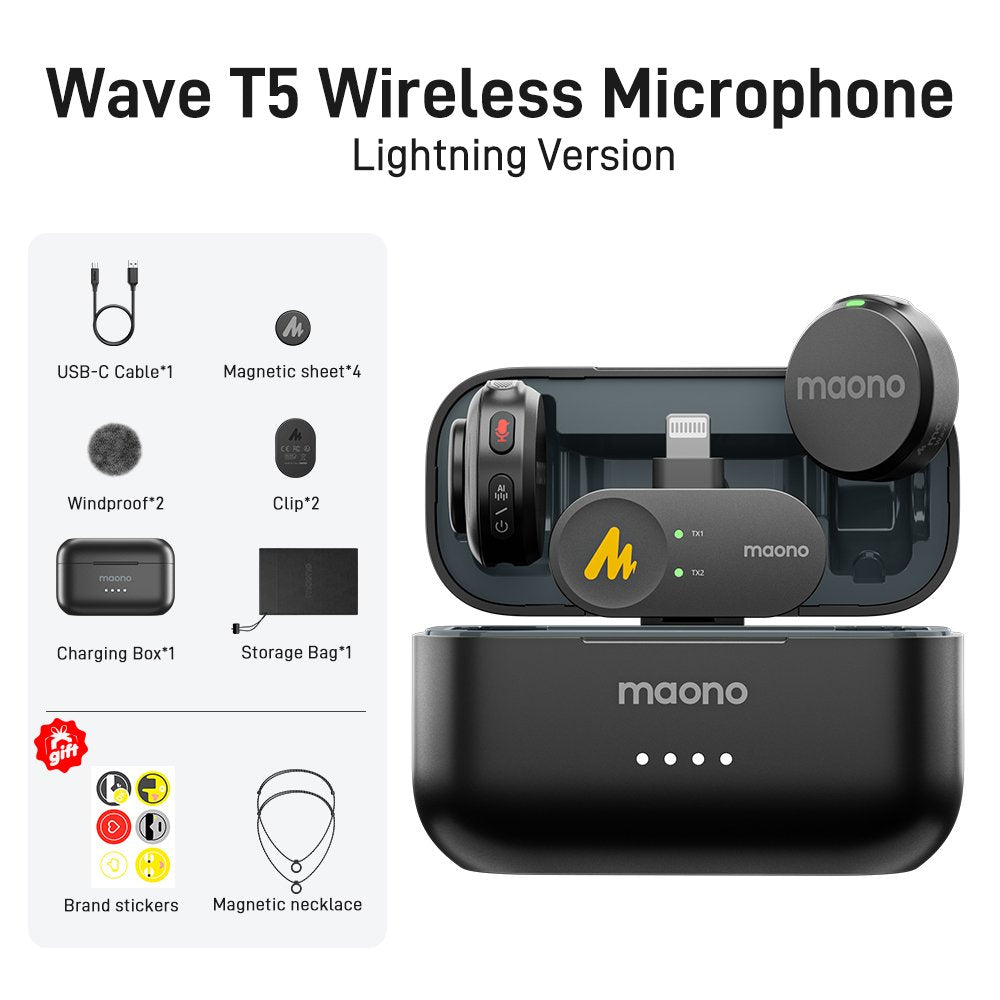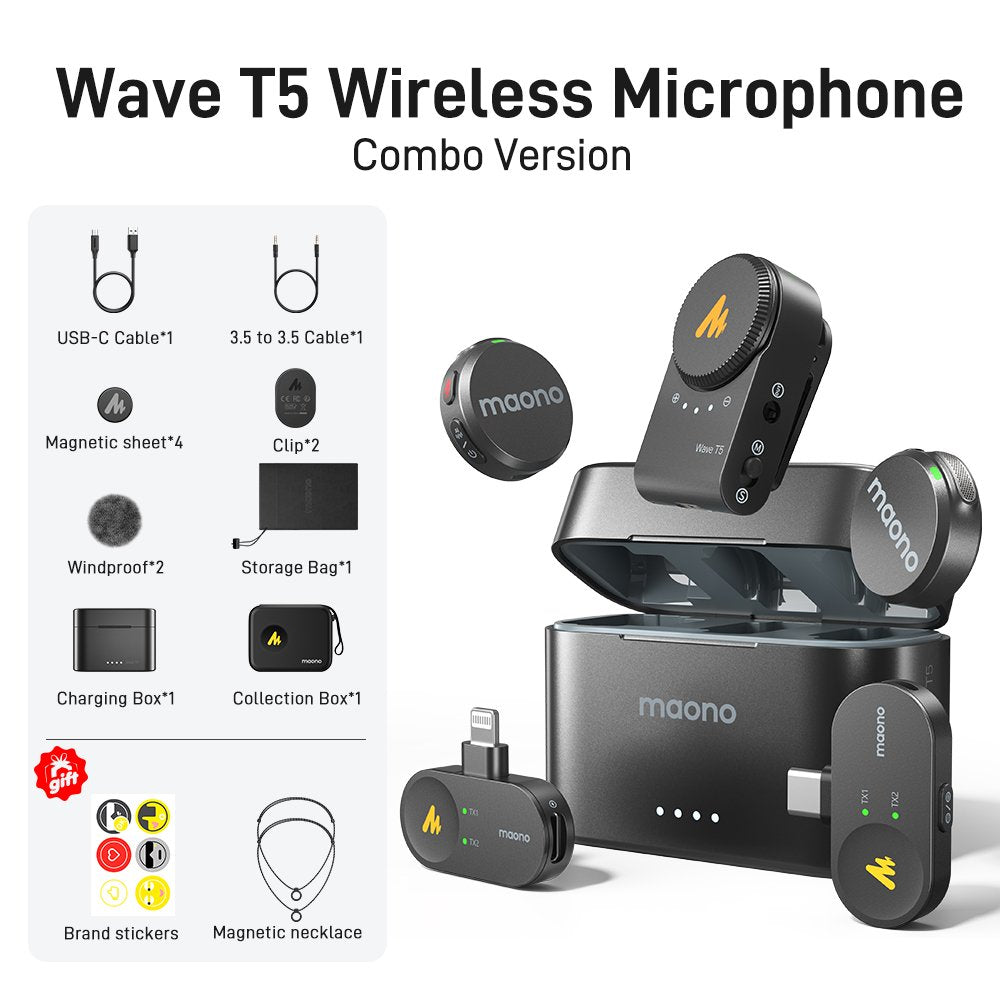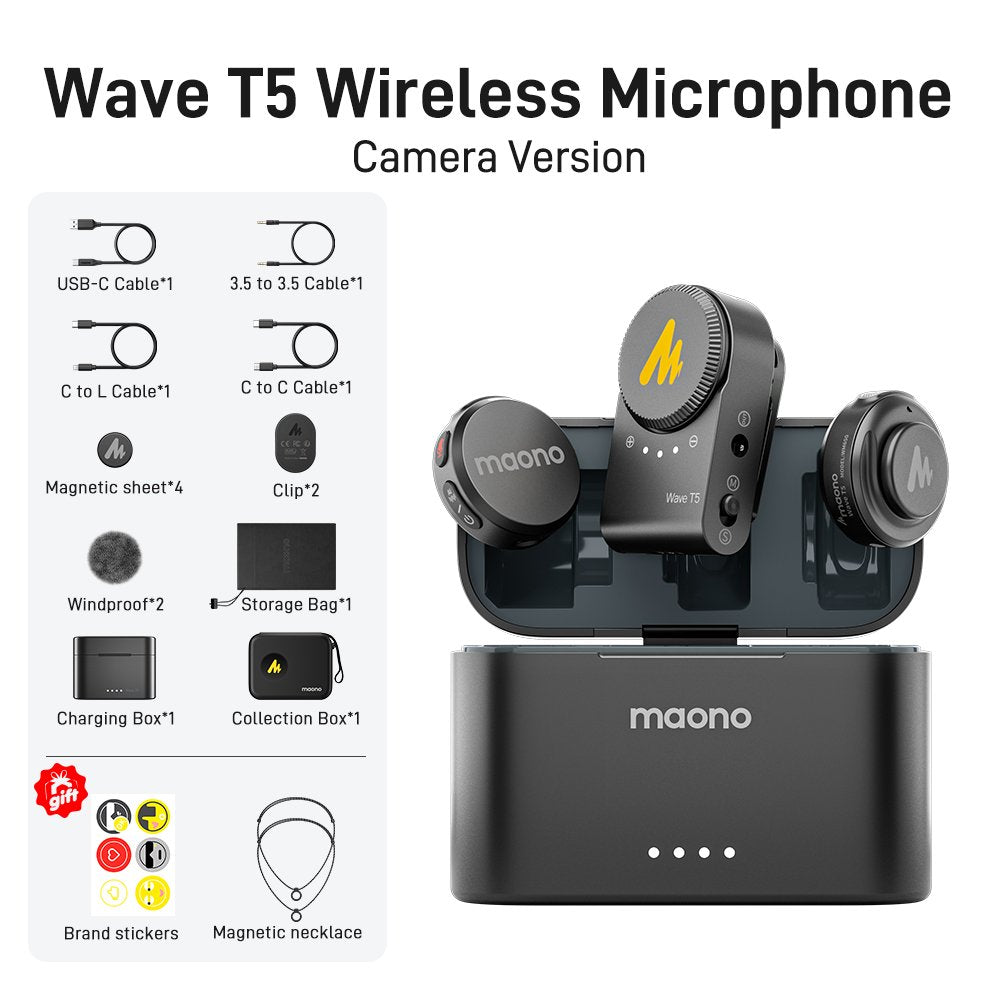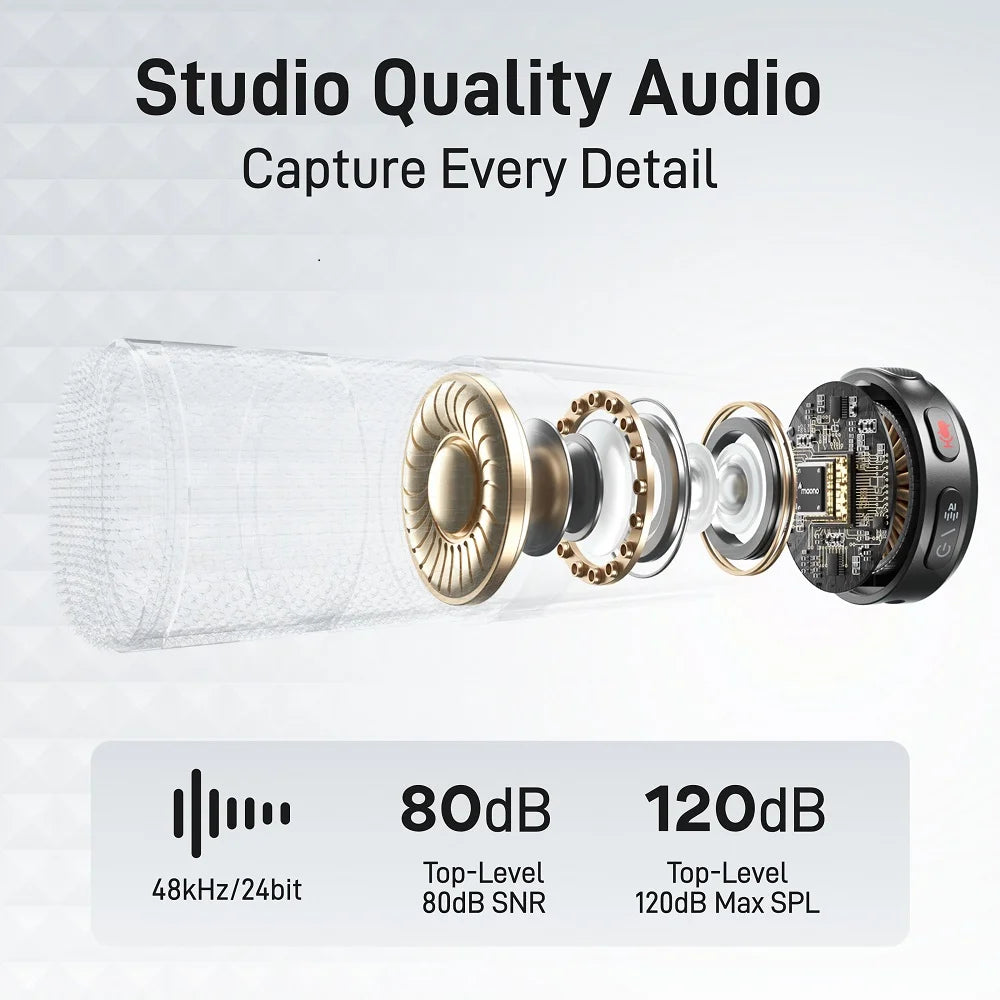Introduction: What Is Voice Acting?
Voice acting is a specialized form of performance where actors use their voices to bring characters, stories, or messages to life. Unlike traditional acting, voice actors are often unseen, providing narration, character dialogue, or even promotional content for various mediums such as animation, video games, commercials, audiobooks, and more. The craft requires more than just a pleasant voice; it involves understanding emotion, timing, and often the ability to embody multiple personas within a single project.
Among the many successful professionals in this field are actors with deep voices, who often lend gravitas and resonance to commanding or authoritative characters. For instance, those who excel in roles similar to the iconic present mic voice actor in popular anime demonstrate how unique vocal qualities can set a performer apart.
With the rise of digital content and the growing demand for unique voices in various industries, voice acting has become an increasingly popular career choice. It is an exciting field where creativity meets vocal skill, allowing individuals to engage audiences in imaginative ways.
How Do You Get Into Voice Acting?
Training and Skill DevelopmentHow do you become a voice actor? To become a voice actor, the first step is honing your vocal abilities. This involves understanding pitch, tone, pacing, and articulation. Many aspiring voice actors invest in acting or voice classes, workshops, or coaching to refine their skills. Voice acting isn't just about reading lines; it’s about interpreting scripts and delivering them with authenticity and emotion.
Creating a Demo ReelA demo reel is your business card in the voice acting world. It should showcase your range and versatility. Include samples that highlight different styles, such as character voices, commercial reads, narration, or gaming dialogue. A professionally produced demo can significantly increase your chances of landing roles.
Setting Up a Home StudioA home studio is essential for modern voice actors. You’ll need a high-quality voice actor microphone, an audio interface, headphones, and soundproofing. Editing software like Audacity or Adobe Audition is also important for producing clean, polished audio. Having a reliable setup allows you to audition and deliver professional-quality work from the comfort of your home.
Auditioning and NetworkingAuditioning is an integral part of becoming a voice actor. Websites like Voices.com, Voice123, and Casting Call Club offer platforms to find voice-over gigs. Networking with industry professionals through online forums, social media, or voice acting conferences can also open doors to opportunities.
Can You Be a Voice Actor With No Experience?
Yes, it is possible to become a voice actor with no prior experience. Many successful voice actors started without formal training. However, dedication to learning and practicing is crucial. Beginners should:
- Practice Daily: Read aloud regularly to improve diction and vocal stamina.
- Learn from Others: Listen to established voice actors and study their techniques.
- Start Small: Volunteer for small projects, such as indie video games, podcasts, or student films, to build experience and confidence.
How Much Do Voice Actors Make?
How much do voice actors make? Voice actor earnings can vary widely based on experience, the type of project, and industry demand. Here’s a general breakdown:
- Entry-Level: $30–$150 per short project (e.g., local ads or small indie games)
- Mid-Level: $150–$500 per project (e.g., corporate videos, web commercials)
- Professional Level: $500–$5,000+ per project (e.g., national ads, major video games)
Some voice actors earn a steady income through consistent freelance work, while others secure lucrative contracts for high-profile roles. Voice acting can be a well-paying career, but it requires persistence and reputation-building.
Is It Hard to Become a Voice Actor?
Becoming a voice actor is challenging but not impossible. Success depends on several factors:
- Competition: The industry is competitive, with many talented individuals vying for roles.
- Skill Mastery: Continuous improvement is necessary, as the best voice actors consistently work on their craft.
- Resilience: Rejections are common, and persistence is key.
Those willing to invest time and effort into developing their skills and building connections can find rewarding opportunities in the field.
Frequently Asked Questions:
1. What Are the Benefits of Becoming a Voice Actor?
- Creative Freedom: Voice acting allows performers to explore a wide range of characters and genres.
- Flexibility: Many voice actors work from home, offering a flexible schedule.
- Diverse Opportunities: Voice actors can work in various industries, including animation, gaming, advertising, and more.
- Personal Fulfillment: Bringing stories to life and captivating audiences is deeply rewarding.
2. What’s the Difference Between Voice Acting and Voiceover?
- Voice Acting: Involves creating characters and performing roles, often requiring emotional range and acting skills.
- Voiceover: Focuses on delivering narration or announcements, such as in documentaries, commercials, or instructional videos, typically requiring clarity and professionalism.
Both fields require strong vocal skills but differ in their applications and techniques.
3. What Is the Best Recommended Voice Actor Microphone?
Choosing the right voice actor microphone is crucial for voice acting. Here are some top recommendations:
- Audio-Technica AT2020: Known for its affordability and excellent audio quality, ideal for beginners.
- Rode NT1-A: A popular choice for its clarity and low self-noise.
- Shure SM7B: A professional-grade mic used by many top voice actors for its rich, warm sound.
- Blue Yeti: Versatile and user-friendly, perfect for those starting in the field.
- Maono PM461: Features a cardioid polar pattern with plug-and-play USB connectivity, offering clear sound for streaming, podcasting, and gaming.

- Maono HD300: A hybrid dynamic microphone with both USB and XLR outputs, providing versatility for studio recording and live performances.

Final Thoughts
How do you become a voice actor? Becoming a voice actor is a journey that combines talent, dedication, and perseverance. Whether you’re starting with no experience or looking to enhance your skills, the path requires commitment to continuous learning and improvement. By investing in training, equipment and the right microphone, creating a compelling demo reel, and embracing every opportunity to audition, aspiring voice actors can carve out a successful career in this dynamic industry.
If you’re passionate about storytelling and using your voice to inspire or entertain, voice acting offers a fulfilling and creative career. Embrace the challenges, stay persistent, and let your unique voice shine.


